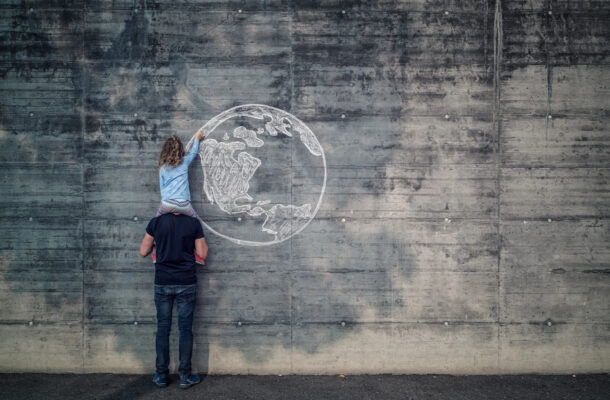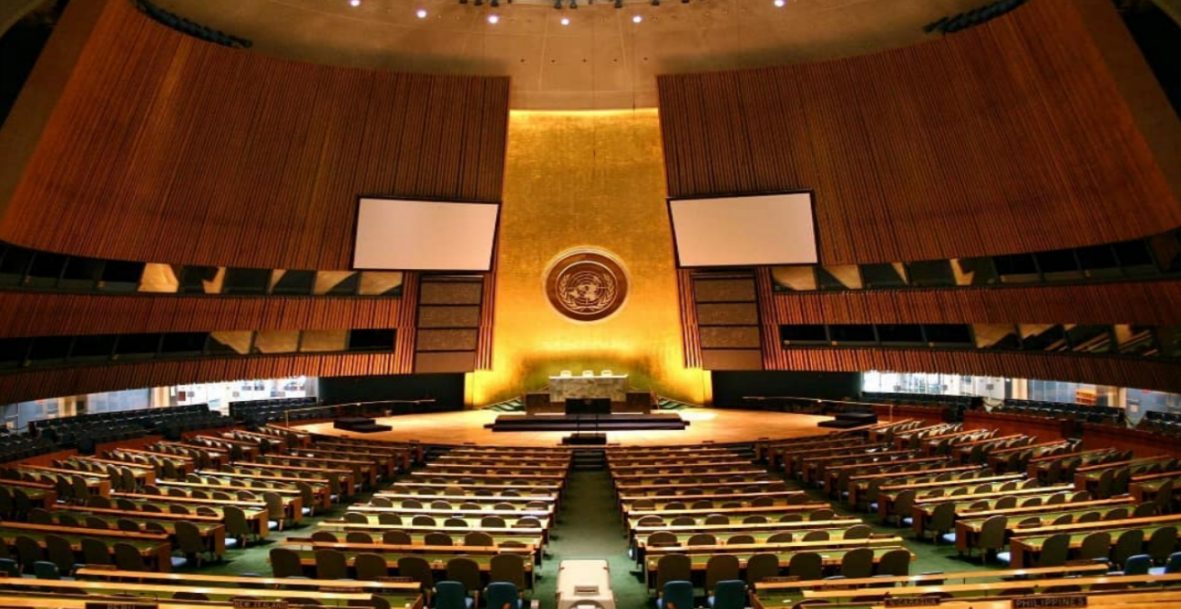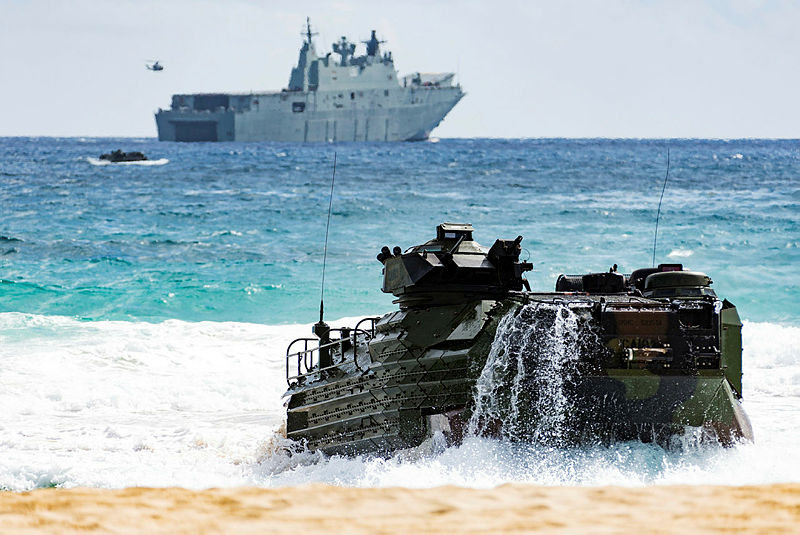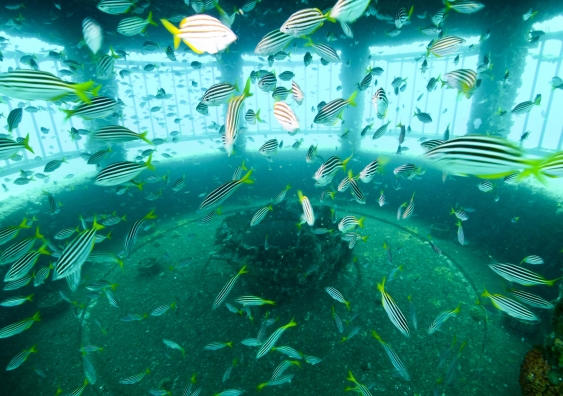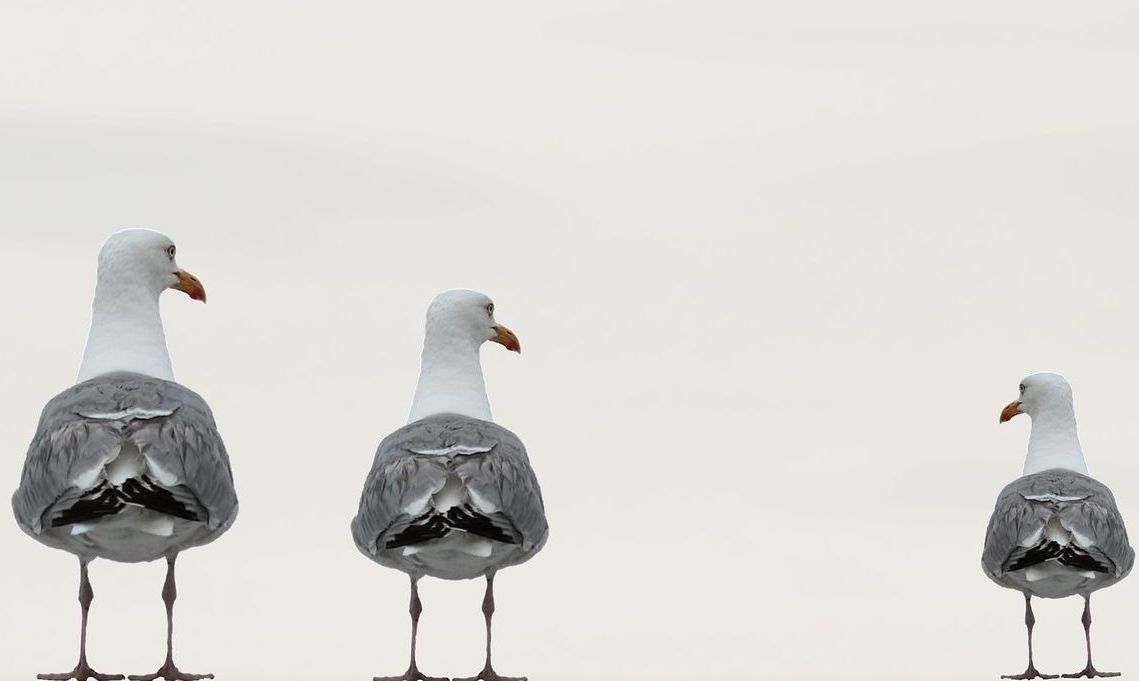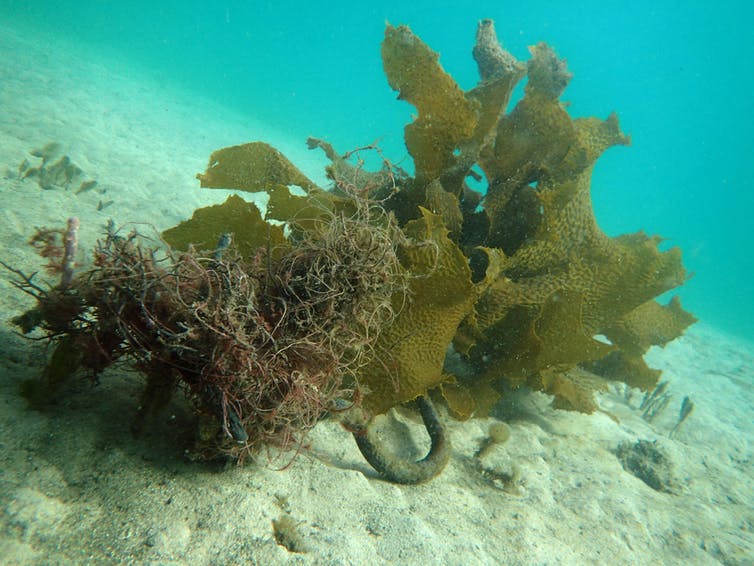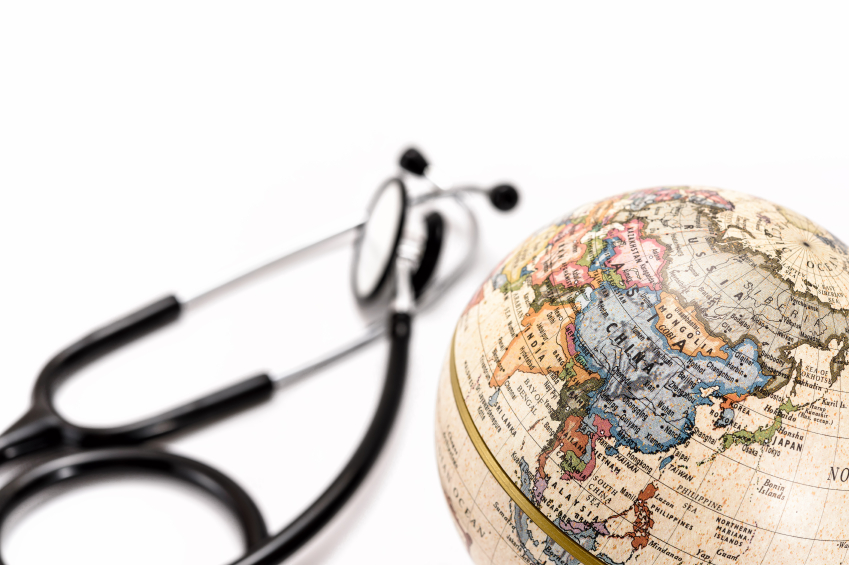Latest Story
-
Getting real on the strawberry needle risk
Anna Kosovac | September 25, 2018Instances of strawberries being sabotaged with sewing needles has sparked a national scare in Australia, but perceptions of risk and actual risk can be very different things
-
What to expect from the U.N. General Assembly
Richard Gowan | September 25, 2018Donald Trump’s words on Iran and North Korea stole the show during last year’s UNGA. In this year’s agenda, is constructive diplomacy possible?
-
Physicists take an art class to rethink reality
Diane Nazaroff | September 25, 2018Ask a quantum physicist to draw a chair and the result can be a fundamental shift in how they see the world.
-
Who’s in the room? Access and influence in Australian politics
Open Forum | September 24, 2018Powerful and well-resourced business groups, unions and not-for-profits are influencing policy in Australia to serve their interests, sometimes at the expense of the public interest, a new Grattan Institute report has found.
-
Winning battles and losing wars: the next force structure review
Bob Moyse | September 24, 2018The strategic question for the next force structure review is, should we care more about whether we can win on a single landmass or whether we can win across an archipelago? Or to recast the question, where can we least afford to lose?
-
Are genes, joules or gut bugs to blame for weight gain?
Andrew Brown | September 24, 2018Some people look to blame their genes or their guts for putting on weight, rather than eating too much, so what does science say about which one of these influences holds the master key to body weight?
-
Turning our technology against us
Cynthia Wong | September 23, 2018Public trust in digital devices has slumped due to a range of privacy scandals and the weaponisation of social media by hostile foreign governments and extremists. However last month, the Australian government proposed legislation that could make things worse.
-
Desalination plants don’t affect marine environments
Open Forum | September 23, 2018Highly saline flows from the Sydney Desalination Plant will not affect surrounding marine life as commonly believed, a major new study led by UNSW Sydney shows.
-
Health star ratings: What’s on the labels of Australian drinks?
Open Forum | September 23, 2018The Health Star Rating System is a useful tool to communicate health and nutrition messages to consumers but given the large part played by sugar laden drinks to Australia’s swelling waistlines, a new study looks at how well the HSR System is used on beverages.
-
Taking a clear look at inequality
Roger Wilkins | September 22, 2018Politicians are right when they say that the best anti-poverty measure is a job, but they don’t always provide a policy environment to help that to happen for everyone. The inflexibility and cost of the childcare system, for example, creates substantial barriers to employment of single parents.
-
The backflip over Sydney’s marine park is a defiance of science
David Booth | September 22, 2018The New South Wales government has turned its back on plans to create sanctuary zones covering 2.4% of waters around Sydney, despite evidence that these ‘no-take’ areas are crucial for protecting fish.
-
Australia set to miss global chronic disease targets
Open Forum | September 22, 2018Australia, along with more than half of all countries in the world, is predicted to fail to reach the WHO target to reduce premature deaths from cancers, cardiovascular disease, chronic respiratory disease, and diabetes by 2030, according to a new analysis published ahead of the third UN High-Level Meeting on non-communicable diseases.

